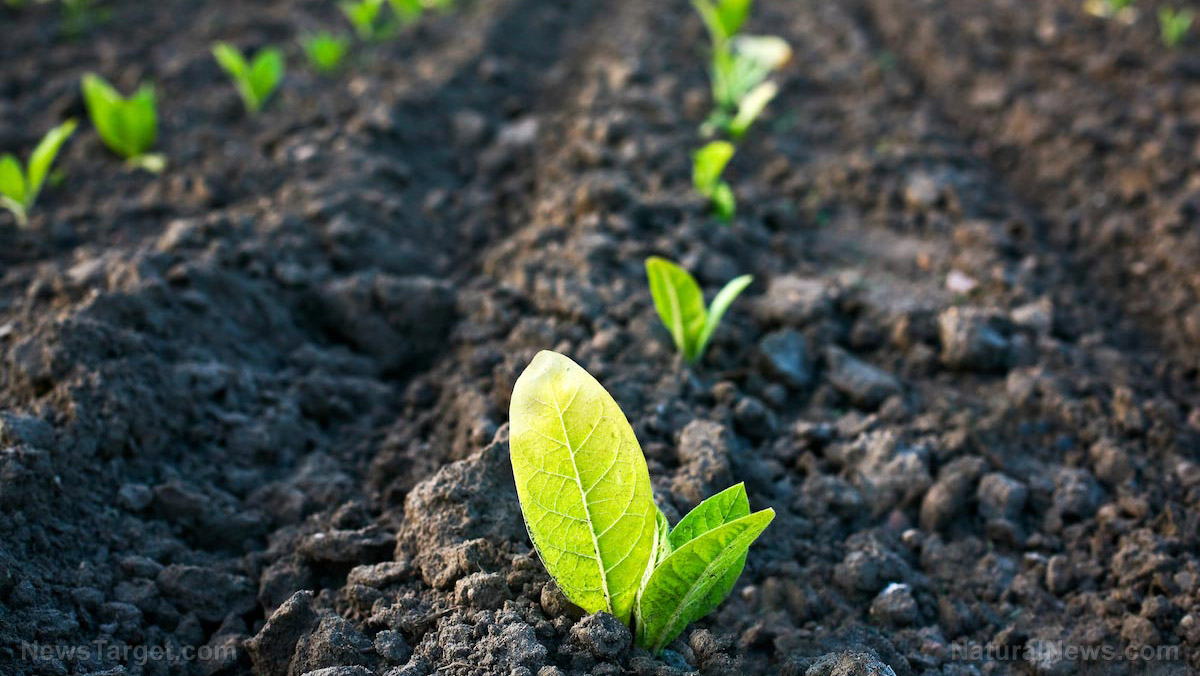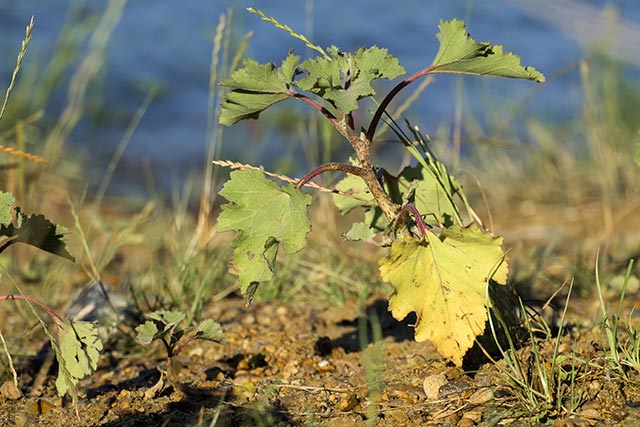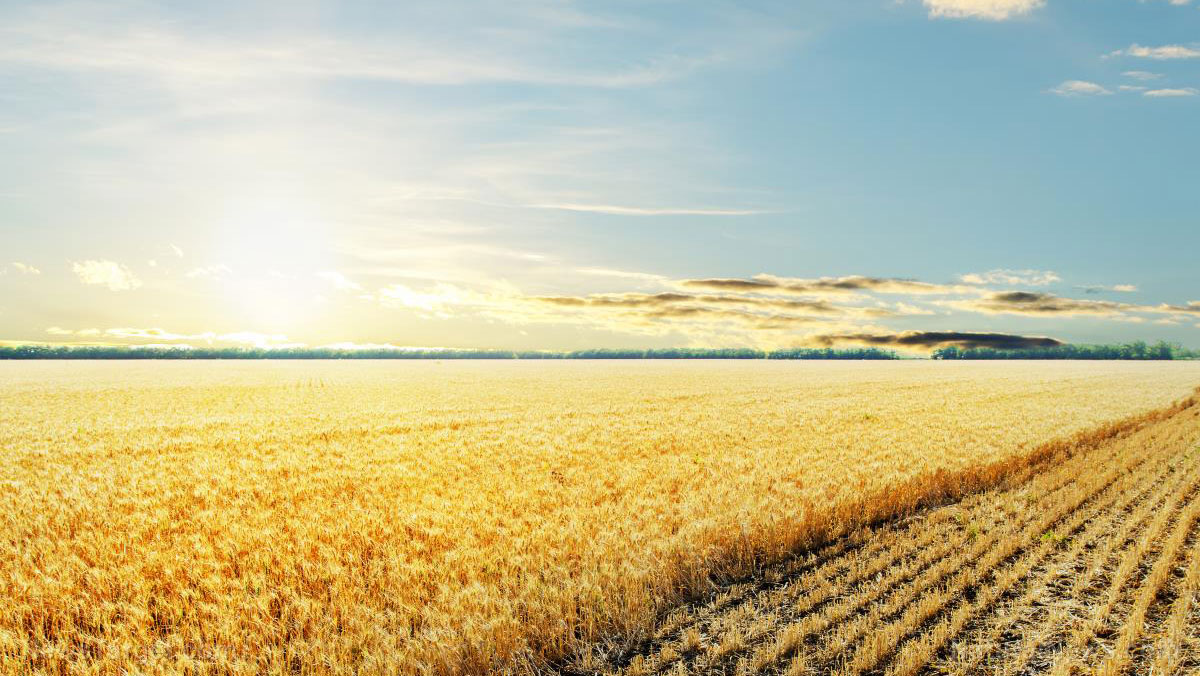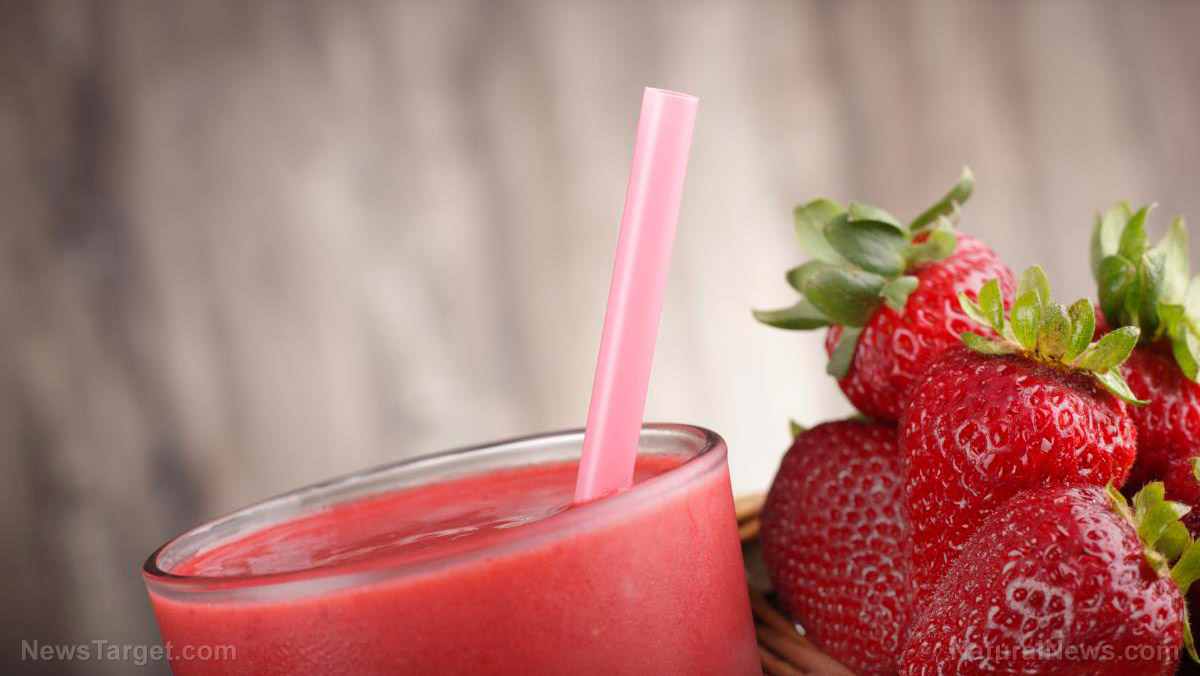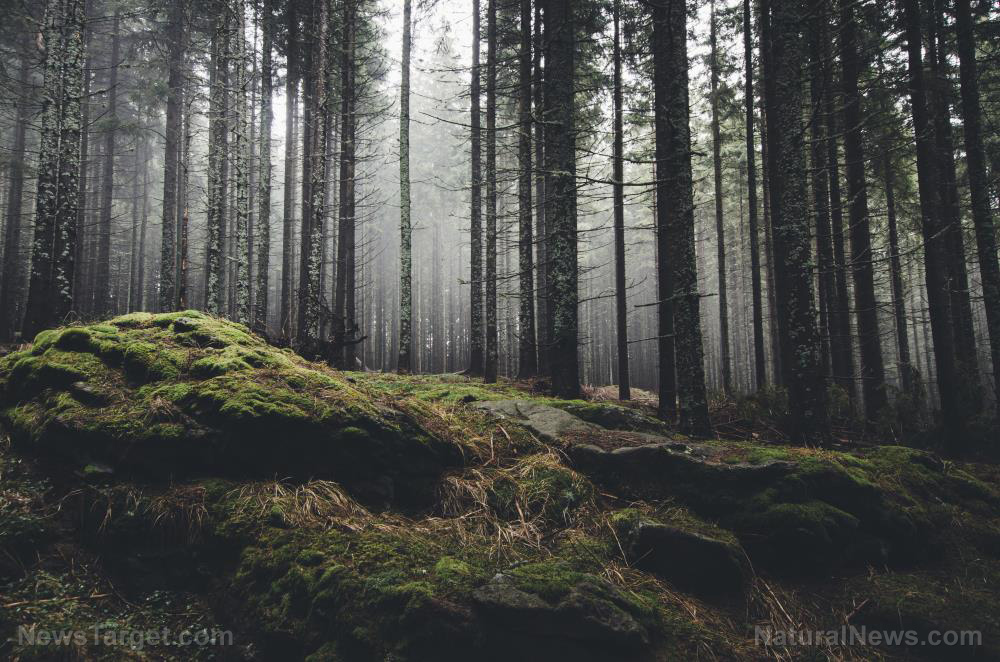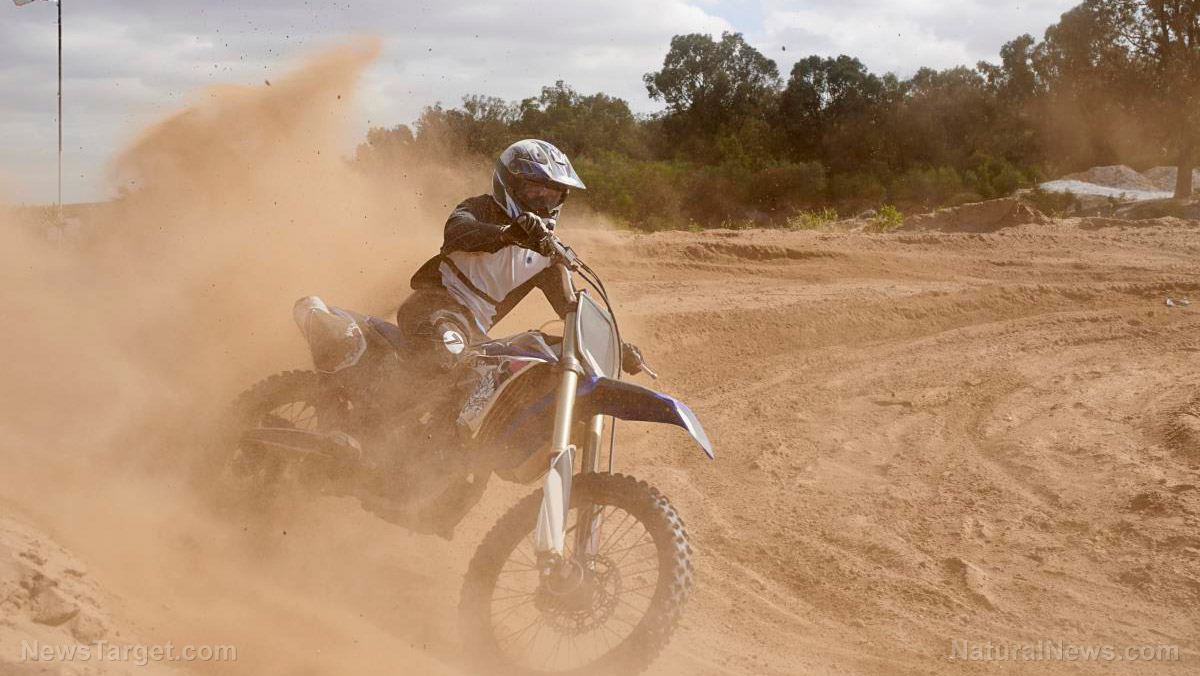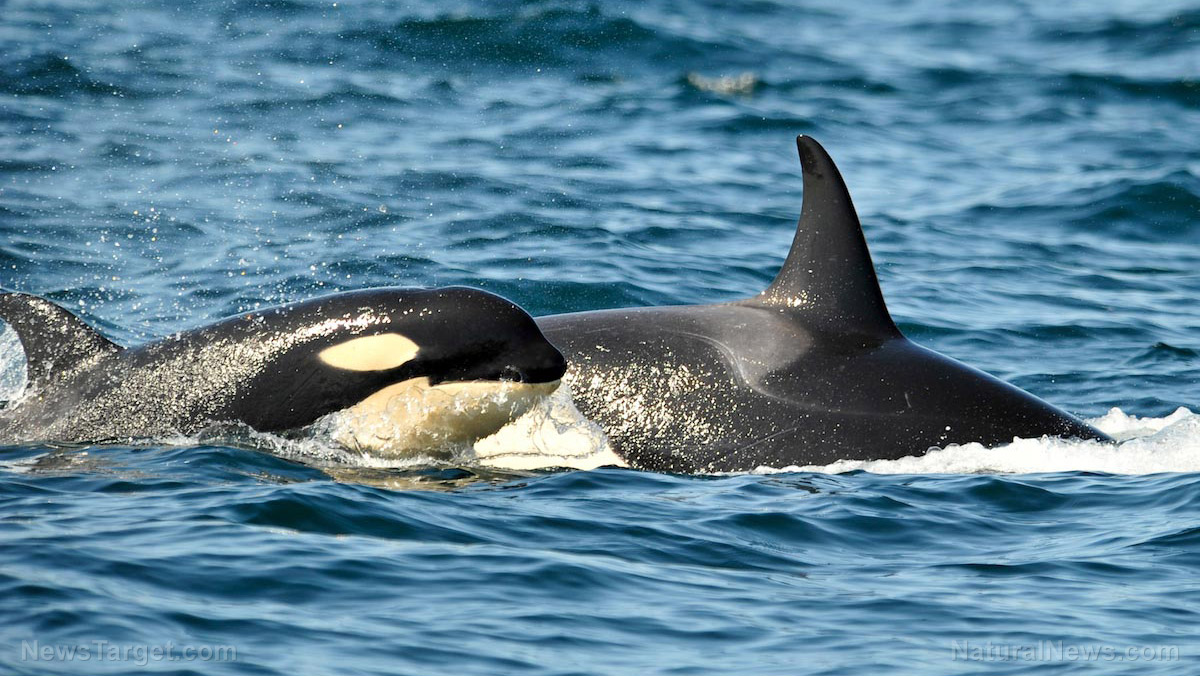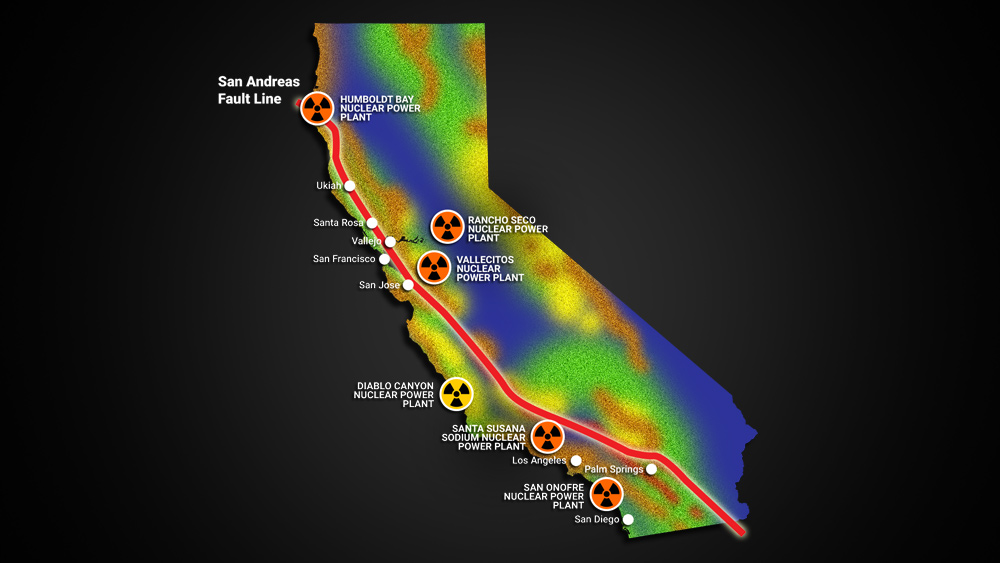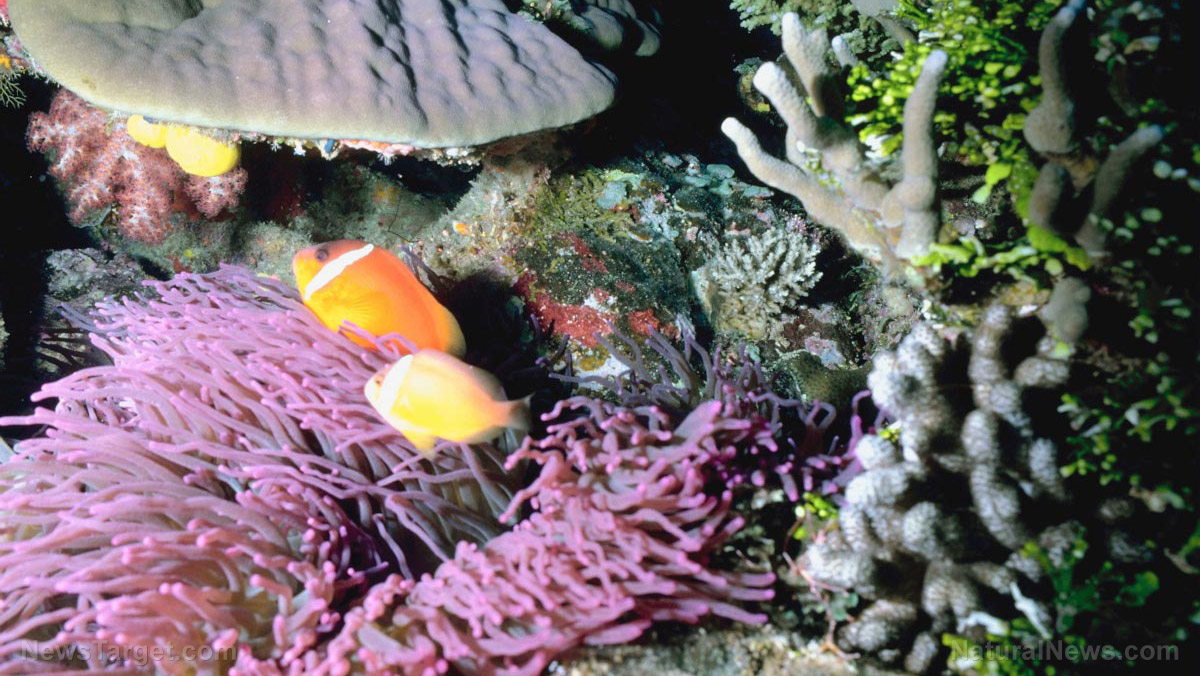Efficient and eco-friendly: Growers are using discarded coffee straw as mulch to great benefit
02/17/2019 / By David Williams

Food waste is a huge problem in the global food supply chain, but it remains overlooked. A possible reason for food waste is that it’s easier than the alternative: Discarding food lost in the production process is much more convenient than dealing with them in an eco-friendly way. But it’s also partly because there just aren’t many viable alternative solutions to the disposal of these items.
Still, that hasn’t stopped scientists and other experts from exploring the options that are available to them as far as better utilizing these items are concerned. One recent attempt, which was made by researchers from Brazil, looks at how typical waste material can be used to enhance further the level of production achieved and increase the yield in a conventional farm.
To be more specific, the researchers conducted a study that allowed coffee growers to use coffee straw as mulch to see what kind of effect it would have on the planted crops. In total, the researchers used two different coffee straw variants, conilon and arabica coffee straw, and used them as straw mulch on six different crops in the soil. They proceeded to observe the changes that happened over a certain period of time.
Brazil is one of the most suitable test beds for this kind of research because it is currently the largest producer and exporter of coffee. It’s also among the top consumers of coffee in the entire world — which means one thing: Brazilians know their coffee.
When growing coffee, it is said that a large volume of residue gets produced during the fruit processing phase, and there is often a large amount of coffee straw — which is basically the outer skin and parchment — and it often gets “incorrectly discarded” and ends up causing damage to the environment. The research was done in part to get around this problem, and all the other effects are just neat little bonuses.
Both variants of coffee straw — conilon and arabica coffee straws — were used as mulch on six different plant species: Lactuca sativa, Cucumis sativus, Solanum lycopersicum, Eupatorium maximilianii, Amaranthus hybridus and Bidens pilosa. The researchers also left room in their study for a controlled group, which they didn’t cover with mulch throughout the study.
What they found was that conilon coffee straw, when used as mulch, has a different effect on each of the studied crops. They said that it could be used in the crop cultivation of S. lycopersicum, can delay the emergence of B. pilosa, and control the weed E. maximilianii.
Meanwhile, arabica coffee straw, when used as mulch, can also be used in the control of E. maximilianii as well as in the reduction of the emergence speed of A. hybridus. But the most interesting thing is that it can be used in crop cultivation for not just S. lycopersicum but C. sativus as well.
These findings help uncover some potentially useful truths behind the usage of certain types of coffee straw as mulch. It appears that it’s possible to delay the growth of weed and even improve cultivation, which means that they can serve as economic and eco-friendly solutions that will result in cost savings and reduced damage to the environment. If the practice can become more streamlined and made more widespread, it will surely benefit everyone in the coffee industry.
Sources include:
Tagged Under: agriculture, arabica coffee, coffee, coffee grower, coffee straw, conilon coffee, eco-friendly, Ecology, environ, environment-friendly, food production, green living, harvest, mulch, soil health, straw mulch, sustainable farming
RECENT NEWS & ARTICLES
COPYRIGHT © 2017 ENVIRON NEWS

